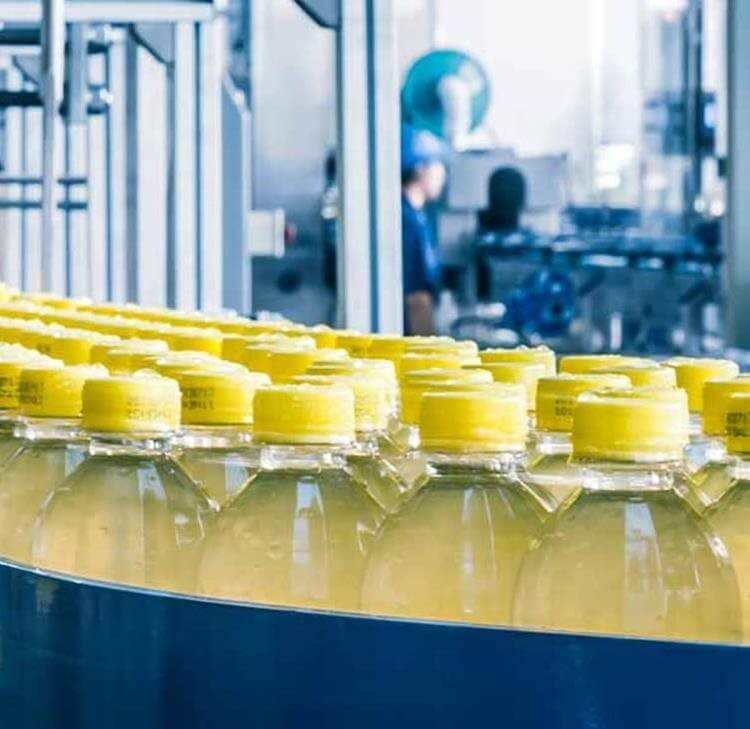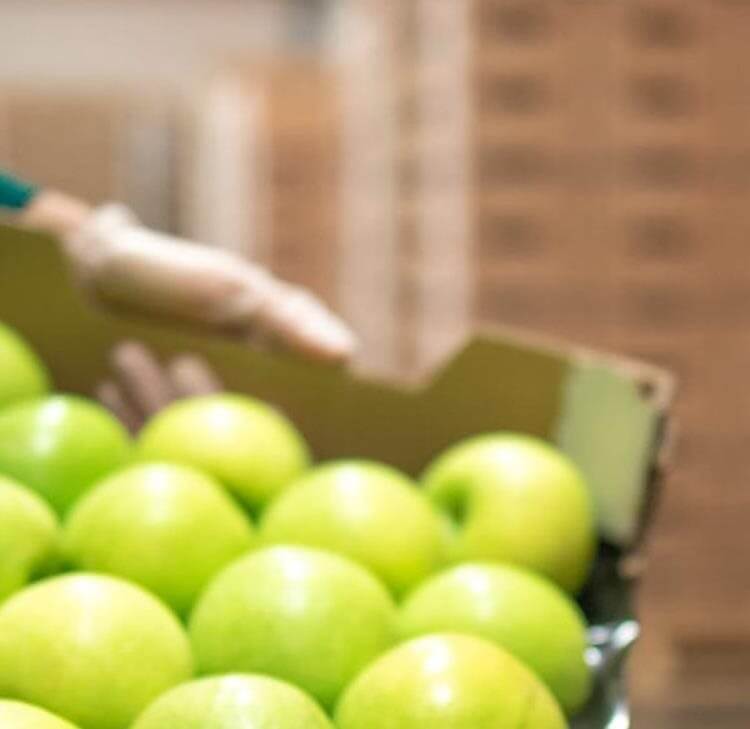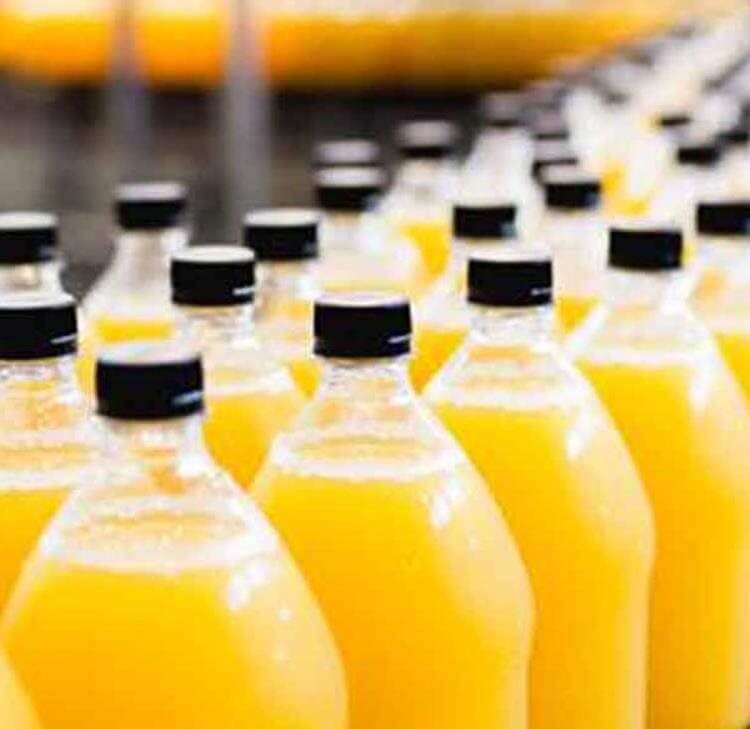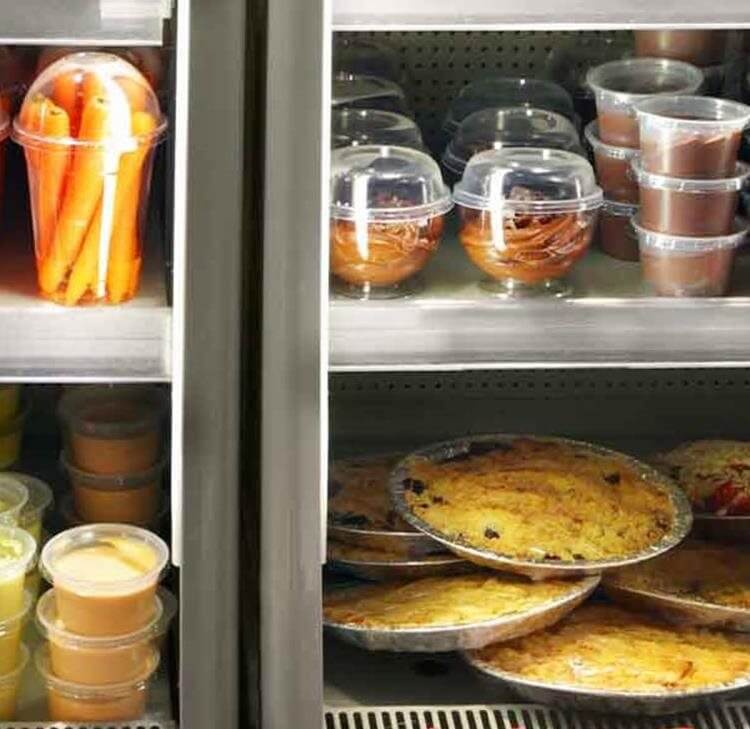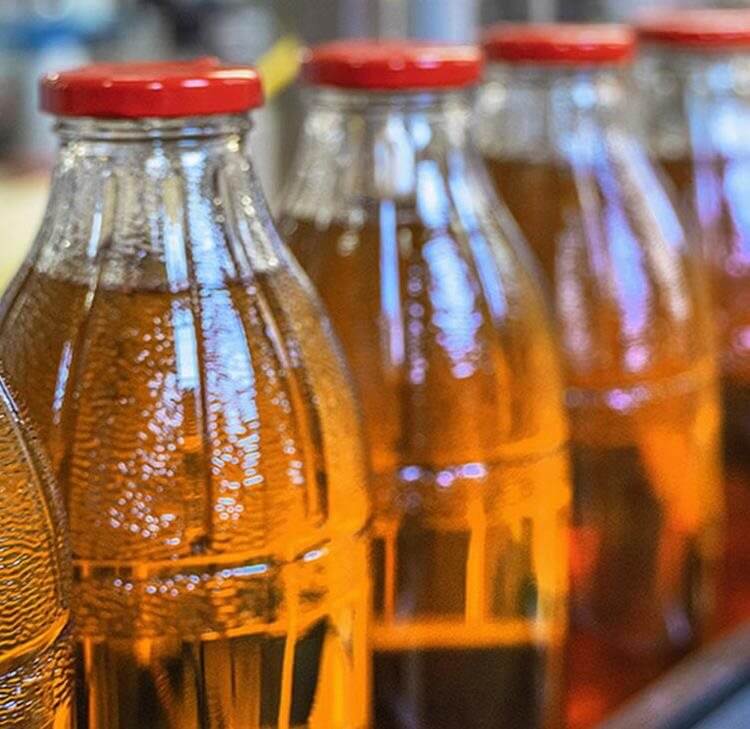The King’s Speech on the 17 July outlined the legislative agenda of the new Labour government. This pivotal moment presents both opportunities and challenges for stakeholders within the food and drink sector, as they navigate the complexities of the regulatory reforms to come.
Economic stability and growth
The emphasis on economic stability, wealth creation, and rising living standards across all regions should foster a favourable environment for the food and drink industry. Economic policies that prioritise stability and growth can lead to increased consumer spending power, boosting demand for a wider range of food and drink products. The proposed bill will stop substantial uncosted measures from being announced without sufficient scrutiny to moderate the impact on the public finances, decreasing the chances of experiencing the high inflation rates observed in recent years.
Promoting healthy diets and combating obesity
In response to rising concerns about public health, particularly the obesity epidemic and the strain on the NHS, the new Labour government plans to introduce measures to promote healthier diets and foster a ‘prevention over cure’ approach. This includes restrictions on the marketing and advertising of foods and beverages high in sugar, salt, and fat, to children. This is discussed in more detail in our previous article 'Navigating new advertising restrictions on junk food'. The government are also planning on restricting the sale of high caffeine energy drinks to children, following on from a consultation outcome published in 2018.
Employment rights and practices
The introduction of a ‘new deal for working people’ to ban exploitative practices and enhance employment rights could impact the food and drink industry's labour practices, ensuring fair treatment and potentially improving workforce morale and productivity, encouraging more workers into the industry. Some of the amendments include the banning of zero hour contracts, additional protections for working mothers post maternity leave and day one rights to parental leave, sick pay and protection from unfair dismissal. Whilst this is a positive move for employees, it may pose some challenges to SMEs and it will be important for the new government to take the time to understand the impact on those in the food and drink industry.
Crime and Policing Bill
The UK government's new Crime and Policing Bill aims to criminalise assaulting retail workers, addressing the surge in shoplifting. This legislation reverses the £200 theft threshold, introduces 'Respect Orders' for antisocial behaviour, and mandates increased police presence. Industry leaders have praised this move, highlighting its potential to significantly reduce retail crime, which costs billions annually. In Scotland, a standalone offence for assaulting shoplifters was introduced several years ago and has yielded very positive results.
Preparing for the future
The King's Speech has set the stage for a series of regulatory reforms to come that will shape the future of the food and drink industry. As industry prepares to navigate these reforms, it is crucial for businesses to stay informed and engaged with the legislative process. This involves participating in consultations, collaborating with industry associations, and seeking legal advice to fully understand the implications of the new policies.





